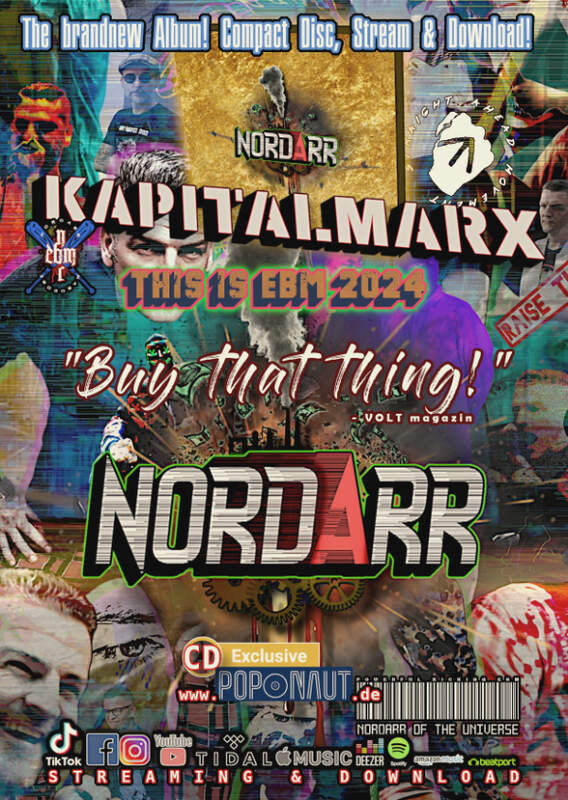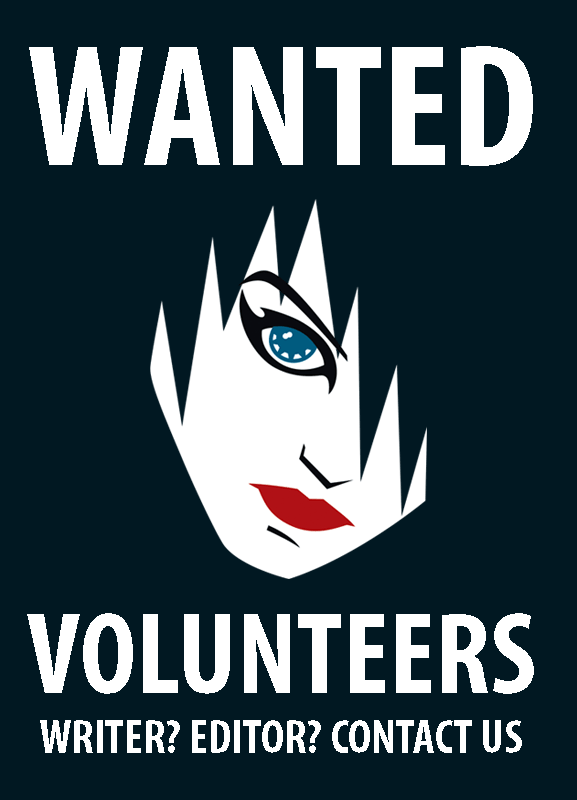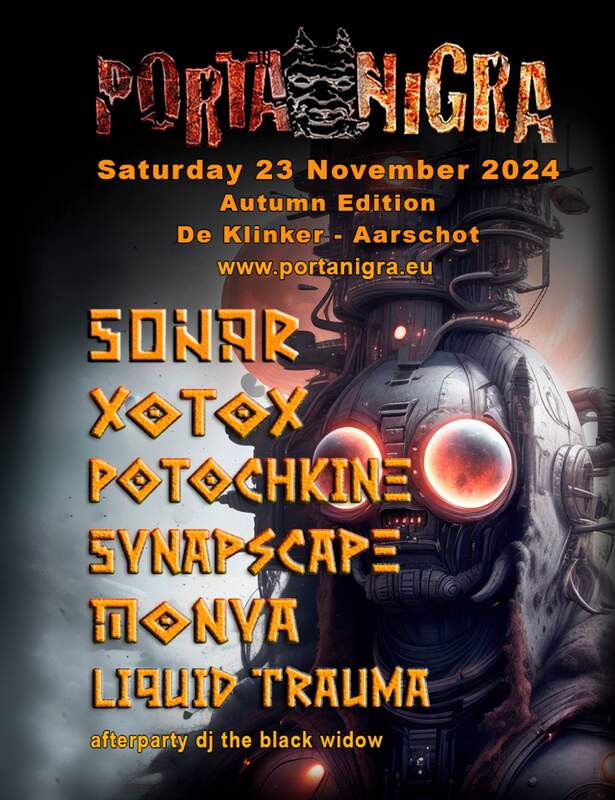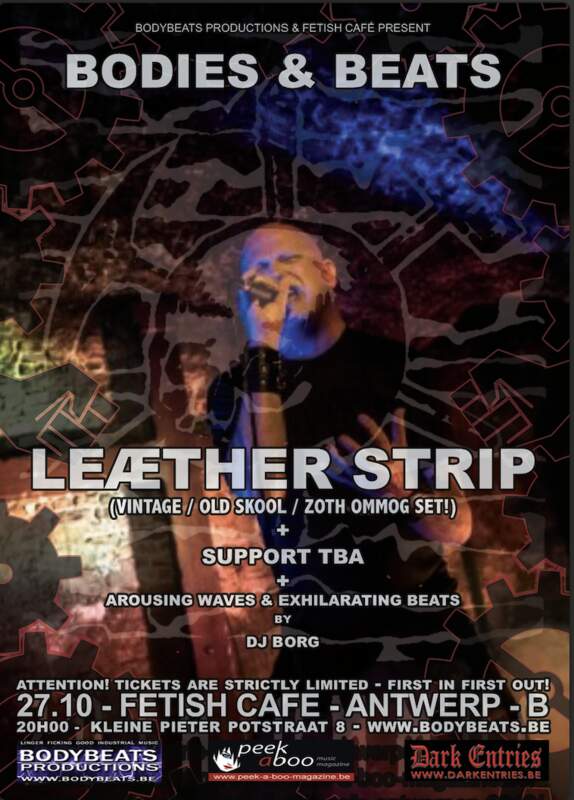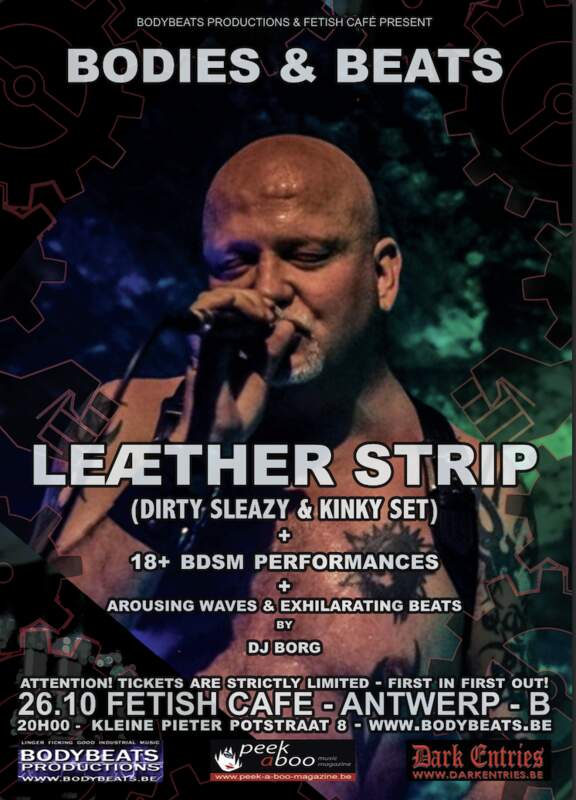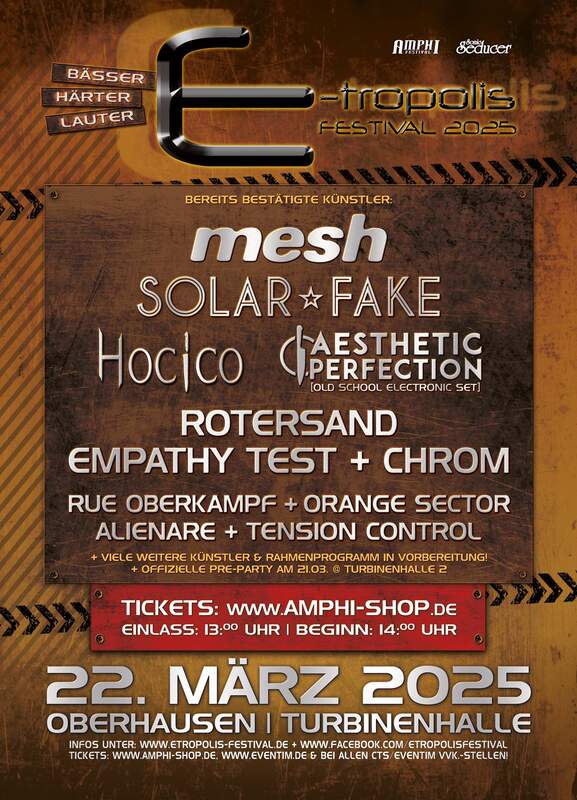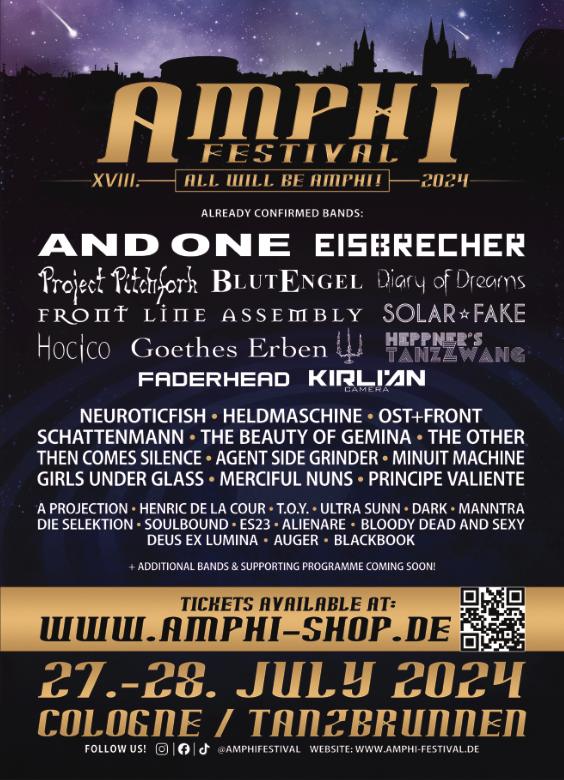JAH WOBBLE
'Bass was considered being among dying instruments for years. Dub pushed it to the front...'
11/12/2021, Danil VOLOHOV
photos: © John Hurst / Paintings Jah Woble
“Metal Box” is a mythical record. I recall listening to it for the first time as a total shock and precisely mind-blowing experience. While listening to the epithets Jah Wobble is particularly calm. Wobble is in his 60s. And he still portrays what post-punk is to me. Being mostly known as a bass player of Public Image Ltd, Jah Wobble remained a mythical character for most of his fans. He left the band after the release of one of the biggest musical masterpieces of the XX century. After a few years of collaborating with everyone from Holger Czukay and Jaki Liebezeit to The Edge, Wobble had left the music business working at London Underground.
Over the last 30 years, Jah Wobble has been primarily focused on his project – Invaders Of The Heart also releasing records of different cultural and ethnic colouring. Jah Wobble continues exploring the universe of what dub is becoming its mostly known associates.
In the interview for Peek-A-Boo magazine, Dan Volohov sat down with Jah Wobble discussing overthinking of “Metal Box” and artistic expression, about painting and post-punk, various meanings of what dub is culture, drum and bass and music of the East.
Cleopatra Records just released “Metal Box – Rebuilt In Dub”, which is the reason why we’re talking today, John. A few years ago you and Keith Levene ( Hi, Keith!) did a series of performances titled “Metal Box In Dub” – what made you get back to this record now?
Em…Well. It’s not a sudden decision! I’ve been playing some of the old Public Image [Ltd] songs with my group. With Invaders Of The Heart. And we do different versions. A bit different to quite a lot of new versions of Rebuilt in Dub. But it got strings! We use strings and we have a lot more dynamic tension with the bass and drum patterns…It’s quite [like] Messian in a way. The live-version we do. So that’s a very highlighted harmonic. I think, [it’s like] being able to go back in time to re-live your youth. Not to criticize the original versions! But to work with them again and bring a little bit of a mature attitude. An old man's variation of this.
We already did a version of “Public Image” for Cherry Red Records a few years ago. We made it more minor-key. And [with] backing vocals on the stuff. So, we had a few different runs on this. Cleopatra approached this. I think they were surprised! I think they thought it would be a hard thing to do. [But] I was like: “Let’s do this! It’s time for me!”. I’m doing a thing in London called “Tuned In” which is a community-based project. I do that with the guy called Jon Klein, the guitarist. John and I are friends. We were working because the pandemic happened. We had to work on Zoom like this. With the classes, with the people. Some people could deal with these issues. And some couldn’t. So, it was kind of difficult. But it was good! We did a lot of recordings! Jon was the most fantastic person for me to say: “Listen, I’d re-do Metal Box!”. We already talked a lot about post-punk styles. John was in Siouxsie and The Banshees. We had these conversations all the time. So, it was like a perfect time. And I had a very clear idea of what I wanted to do with a few of the tracks. I sat down with a keyboard. Made backing tracks. Sat down with a keyboard. And just worked very simple, thematic atmospheric things over. Put some changes. Some modulations. “Albatross” and “Poptones” were particularly the first two tracks. I think, Jon was a little bit: “Emmm…That’s too easy!” and I said: “No! This gonna work! Believe me! And this is how it was!”
One of the things that certainly attracts attention is the fact that you not only took the majority of the songs from Metal Box but also added Public Image and Fodderstompf…
I was thinking…I wanna make an album. Obviously as a kind of homage to Metal Box. But I really like some of the tracks of the first album. Very much. The theme is fantastic. And Annalisa. Those two could have easily made the cut. But when I was thinking about them, the feeling I had with the original tracks was: “I don’t know. I don’t want to mess with this!” – somehow, with Theme. It was just the feeling!
What was in Theme that didn’t make it work?
It has a great harmonic in there…But would you put strings there? Hmmm…It won’t necessarily work. You could do something good. But I just felt [like] you start getting into a pointless cover-versions. [Which is] what I wanted to avoid. I’d rather annoy people! And they’d say: “Fuck off! What you’ve done is fucking ridiculous!” – rather people say that. So, I did was something…A little bit challenging, maybe.
Why didn’t you choose songs like “Bad Baby”, for example, and took these instead?
The way the album was flowing in my head was: “I don’t necessarily need that!”. “Annalisa” – that was even a harder decision. ‘Cause, it’s just the great track! “Metal Box” – I think “No Birds” was difficult. That would have been a great track to add on there. Somehow, with the way it all developed, it felt like those ten tracks I chose seemed correct. Seemed right. And it flowed. And of course, a lot of those tracks were instrumentals. So they were like instrumentals with spoken-word in there. Some of the tracks – “Bad Baby” is a great track as well! And I could have really done something with it! I remember thinking with that: “I can’t imagine adding a lot of stuff with “Bad Baby”…”. With Fodderstompf you can take lots of different ways. You could add stuff…With “Bad Baby”…Yeah. What we would end up doing? I think you have to make it even more minimal. And would it be special? That was it. Some of the tracks were just too difficult. “The Suit” I found to be very difficult. It is what it is. It is very paired down. It was one track where I was just using some dub techniques. And paying particular attention to the lyrics. Whereas stuff like “Albatross” – yeah, great! You can put it across. These are guitar chords that I think work. It’s not a minor change in there. I think the change goes to A-minor or maybe B-minor. I don’t remember! I made a change; I made a modulation. And thought: “We can make a modulation. We can make even bigger drum-beat. We can make it really thematic!”. Stuff like “The Suit”, as I said was the very difficult one. “Public Image” – funny enough. I was thinking: “I’ve already done [numerous] versions of it! Let’s have fun!”. For some reason, I was thinking Spanish. I don’t know why! I was just thinking it would be great!” – make it a really…It’s respectful. But it’s a completely crazy take on it!
Quite a lot of your work is based on sound production. Even within the newest version of 'Death Disco' it sounds completely different to its version that came out on 'Metal Box'. When you listen to it now, it's not just a song but it's like an advanced composition. I was wondering, did you have this definition at that moment? In a sense that you stop being a songwriter and start being a composer. Because it's not that easy to wear these two hats.
That’s correct! And that’s very much saying about it. These songs are already composed. But you’re gonna have them in a compositional way. So very much. It was very much a case of sitting there. Looking at a screen with sections written down, bass and drums down. With some changes in there. And then writing some simple things over the top of that. Writing some bass parts. And making them simpler versions of the bass lines with chords. Just simpler kind of stuff. Reversions of the bass-chords in stuff like “Albatross” where you’re using some compositional skills. When you’re using something like that, it’s fantastic!
There was a drama series in this country a few years ago called Life On Mars. When a guy wanted to go back to the 70s and I was like: “Well, I’d love to go back to the 70s! Just for a couple of days and walk around! I’d love to do that!” – it felt like I was able to go back to the 70s with it. It was like a dream. Wow! This is fantastic! With the new technologies, it was a perfect time with the pandemic. Cause you couldn’t go anywhere! I’d worked closely with that guy who’s probably the best guy to understand all these things (laughs).
When I heard 'Death Disco' for the first time, it blew my mind. And within your solo-creativity, you tend to unite different polarities. Just like Keith and you did on this song. But there's always a point of distraction that's difficult to get to - how not to make fell everything apart when you're something that different and that experimental?
Yeah. I think it’s quite polytonic, I suppose, at times. It got quite a polytonic feel. You’re mixing just funk disco-style with classical music. So, it’s a bit of a collision of stuff on that particular track. I think, what helped – we were writing from a chordal basis. It’s trickier if you start writing compositions with a G7 chord or an F-chord. I think, if you’re just writing with pure bass lines it makes everything kind of easier. You get into a fixed sound. You get into a fixed mode. It’s not like trying to mix various chords and scales. You can make…I guess, what I’m trying to say is that you can kind of make the discernable scale. And I guess, because of that scale it might be why Keith did the original version [of “Death Disco”] in that way. Maybe the scale of the bass as much as anything…Maybe the tempo…Maybe it was the first thing that came to mind to him to play. Was an old idea. Classical music-idea. It was the only track on the record that uses an old-original idea. Simply take “Theme” or “Poptones”. The guitar is quite unique-sounding. Harmonically.
When you set up to record such a strange, deep piece of art like Metal Box, don’t you have a fear of losing these qualities? Because you didn’t. These things are still are in there. But maybe in a different position on the spectrum of strangeness…
Yes, it’s difficult! Because you could fall flat on your face. I think it takes a great effort to play the bass lines correctly…Obviously, they’re very important. Even with the tempo and some of the keys. You’ve got to have this weird sound. Things got to have weight with the drums. They got to punch with it. You have to make sure that you get there. Metal Box is like an expressionistic art. Based on a European expressionism, in a way. Very much like a brush drawn across the canvas. No bourgeoise finesse. Very primal. Very European in a way. Eastern-European. Very primal and very vivid. And hopefully, that’s still there. But that was right from the get-go with “Rebuilt in Dub”. Lost its’ energy and vibrancy of the original. Otherwise, if you’re making something [and] there’s no energy – it’s like watching football team. Even before they make passes or make a move, you can tell – something’s wrong. There’s no energy. They’re not happy or something. That would be terrible if they didn’t have that strong feeling.
I was listening to “Socialist” before our interview. The choice of musical decisions is just incredible. From metallic guitar to almost drum-and-bass at the end of the composition. What lead you to take these particular musical decisions along the way?
That’s an interesting choice. We do “Socialist” live as a drum-and-bass recording. And I make it very up-tempo. And I always do these silly things. Right, I’m gonna test the drummer. He thinks he’s a good drummer. But we gonna do “Socialist” so it’s: “One! Two! Three! Four! Tu-du-du! Du-du-du! Pum-pa-pu-pum-pa! Tu-tu-du-pam!” – he’s really fast! He doesn’t drop a beat. So, when we came to make a record, I just thought: “That would have been fun!” and I actually thought: “Yeah-yeah! We’d do drum and bass! We’d do it up-tempo!” but then I came to the idea: “Let’s have a little bit of fun!” So, I did a couple of sliding – “Tu-du-du-du-duuuuuu! Tu-du-du!” – funny little bridges and details. And even “Pu-du-du! Pu-du-du!” – for coda. Which is a little bit of a reference to krautrock. It’s a little bit of a Kraftwork thing.
It wasn’t a quite that mannered album. Quite thoughtful where I’d been thinking: “That might even have been a bit of krautrock!”. And that was it! That was how we did it! And that’s quite brazen, I think. But when we finished - I missed, I really missed the drum and bass element! So, we went and put it in again. That’s what happened with “Socialist”.
When people think about Jah Wobble, they think about dub. You had quite a few records where you used this stylistic reference: “Dub The World”, “Acid Dub Punk Apocalypse”, “The Electro Dub Extravaganza” or “In Dub”. But despite the stylistic reference, these are very rich records. And obviously different. Do you have your definition of what dub is?
No, I don’t think I do have a set definition! But again, any set definition you have in life, everything is so empty in reality we assume with these concepts. That it's always ultimate and quite flimsy. All you can do is to say some stuff that seems to be kind of relevant. So, dub for me is the music of de-construction. It’s about deconstructing things. And it’s about emptiness. ‘Cause, it’s about showing a lot of space in dub. It’s the music that relaxes in time and space. And by relaxing in time and space you stop thinking. In a way, you stop thinking because you become so hypnotized by it. When we stop thinking – we dream. Because you stop thinking, you stop gaining the time. And when you don’t go in the time, when you’re just in a certain state…In fact, you’re in an inner space. So, you’re kind of outside of time and space! But that’s something that art does. When you look at a painting – you’re not in a time of a painting the painter painted in. It was painted in that time. Brush moves across the page! It was now! And you’re not in a past or in a future. And if you’re not in a past or in a future, you’re not bringing concepts to it. You’re in a rather innocent state of grace. It's almost like a religious thing. Maybe it’s like a Christian icon or something.
It’s about holding up the space in form. And about being expansive and finding in the connectedness of the past. The great thing with dub – you take what in most situations would be considered as “minor part” like the structure: “T-t-t-t-t-t-..,” and that becomes a big deal! Bass was considered being among dying instruments for years. Dub pushed it to the front. It becomes the ground of existence. Whereas anywhere else it would be just in a place behind the drums. It was reggae music, just before dub. You really started feeling the bass. Just before those early dub records in the late 60s-1971, you could feel the bass. And I picked up on that. You were feeling the bass.
Previously, you spoke a lot about misconceptions of what dub is. I read these interviews and concluded that just like punk-rock became a revolutionary musical movement, dub did as well. Of course, it's mostly connected with the fact that major labels like Island started signing artists from Jamaica and created that sort of precedent. But if punk-rock has lasted for a very short time - dub still exists. Evolves. Why according to your opinion punk-rock has been associated with a certain box while dub has always been an expression of freedom?
Well, I suppose maybe because punk is angry and reactive. They both being the same politically, I suppose. I think the esthetics of dub has been more like an impressionistic painting, maybe. It’s about being dreamy. It’s about transcendental. It got a lot of people smoking dope. But it’s got a transcendental feel in a way impressionistic art [has]. You listen to the music…I think it was Cézanne who said: “Art is a lie. But it points you towards the truth of ultimate reality.” – you can start saying similar kinds of things about dub, probably. Where punk is constricting I-AM-FUCKING-ANGRY. It’s nihilistic. Post-punk became interesting. ‘Cause, post-punk became a little bit known, it broke up things a little bit. And became more imaginative. I took the post-punk theories off as delivers more so far than post-punk records have delivered. There are not that many post-punk records. But there should be more. Using collage – it’s far more open! I’m in a proper late-XX-century art movement, really. Post-punk.
When you listen to these records - any of Bob Marley's stuff, Peter Tosh or even the Slits - you can almost touch the sound. And as a result, you can really feel that dub is more about a shape than about the musical form.
Yeah! For a while I avoided it. Because, for a lot, dub is a version. Basically, the versions of successful reggae songs. Sometimes, cover-versions of Western songs that got turned into dub. I thought that was great. For a while, there was a connotation I didn’t like. So, in the 80s going into 90s, I wouldn’t use the word “dub” on any of the records. I felt like the connotation of smoking lots of dope and being a big hippie-sh, a bit lazy. I think I was encouraged by Bill Laswell to take back the Mantle and start using the word dub and play dub. I was fine with this again by the mid to late 90s. But for a while, I wasn’t happy with it at all. It had become the lowest nominative comment.
After you left PiL you spent a few years collaborating with lots and lots of musicians up to the point when you put Invaders of The Heart together. But there were different incarnations of it. Is that correct?
I formed Invaders of The Heart in 1982. We had a record out then called Invaders Of The Heart. Eponymously titled record. I was very upset cause no one really bought it. It didn’t make any splash. But now the track has become successful over the years. I feel happy. It was very well produced, put together. I felt it was ahead of its time. It took years and eventually people did like it! People did like it when we made the live shows at that time, I have to say. We toured America. So, Invaders of The Heart, I formed with Neville Murray was 1992. And mark two was the 90’s. Naville was in it again. And then, mark three – a few years ago, when I reformed it. And I suppose it was the same fusion idea. I got the name from a two-part documentary on BBC on the gipsies. The Roma Gypsies of Rajastan. Some of them went through the Middle East, some of them went through the Balkans. They both met, at the end of the chair. The group that went through the middle-east through Egypt said their music invaded peoples’ hearts. Invade your heart. I was: “I love that!” – that’s where it came from. And there was a fusion thing! We played jazz-sort-of-stuff. Quite jazzy but mixed with some dub-by reggae things. And middle-eastern things. Fusion, Latin things. Real modern fusion things. Really interesting. Like finding an interesting restaurant on a back-street of a big city. There’s one interesting restaurant – what the fuck is this ?! Balkan food? Is it Slavic food? Is this Armenian ?! I love mixes like these. And over the 90s, Naville came back…I’ve been drinking and drugging – all that crap. I stopped. Naville came in. He knocked at my door. I let him in saying: “Let’s have a cup of tea! What’s going on ?” and he said: “I want to tour again!” – “Are you missing it ?! Do you wanna do more ?!” – cause he was fed up with it. So I re-formed it. Quite middle-eastern. I said to him: “That’s what I want!” – we went and took it a little bit in that direction.
Over the years, I think, it actually became the band that carries the Jah Wobble banner. All the past Jah Wobble-stuff, popular stuff. That’s what I have been wanting to let people know it’s not left-field, actually. If they’re gonna come and gonna hear some of the stuff – they’re gonna hear stuff that’s gonna be very proficient. Very good show. I got a very good band, actually! George [King], the keyboard player, he’s on two tracks from “Rebuilt In Dub”. He does the strings at the end of “Poptones” and his wife Katy plays the violin on that as well. They both came on “Death Disco”. But they’re great! I was with them in Belgium last week! Good fun! They’re nice lads!
It’s always been very important for you to find a voice with what you’re doing on a record. But at the same time, you’ve always been very distanced about rock-n-roll feel which is always comes with the term “band”. Why?
I do like some rock-n-roll. But I think, I’m not too comfortable with rock-n-roll kind of things. I’m not that fan of 12-bar-kind-of-blues. I like blues. I’m not mad about the 12-bar cycle. There are some things I do like about rock. I do like guitarists. Quite a British thing. Someone like Steve Jones, the Kings, Pete Townshend. That kind of very basic block-chord-thing. I like it! It’s very direct! And very hi-energy. As much as anything. I came into this playing bass lines that were very modal. It wasn’t chordal. Of course, eastern music and a lot of music around the world is not harmonic. So it didn’t deal with harmonics. It’s fantastic! Wonderful! Bach played and fucked everything up with the chordal theory. I like not dealing with chords, really. And then, when I started dealing with chords, there was a different way…Slow down, G7, jazz-kind-of-thing. A different thing. Believe it or not, I like ZZ Top. I like ZZ Top. And I love Quadrophenia. One of my all-time favourite albums. There’s some rock I really like. And I really get that thing you can’t do now – going on a highway and driving too fast maybe. With loud music. You can’t do it now because of smart motorways. Everything is controlled as it should be! I’m not an advocate of driving too fast. But those days I-m-gonna-get-the-highway – they kind of gone. You’d get banned from driving. Days of rock-n-roll are over. Everybody’s monitored now.
Since the first invaders of the Hearts records, you'd been incorporating the elements of ethnic music into what you're doing. 'Visions Of You' is certainly the most well-known example. But most of your ethnic works, to a major degree you recorded in collaboration with somebody rather than being a bandleader. Do it mean that being a band-leader and feeling that sort of freedom you're still grounded to some things?
Sometimes it’s interesting to take control of a situation. And sometimes, you don’t. Sometimes, I made the mistake of not seizing a situation when I should do. When I know, it’s gonna go a certain way and someone needs to control it. ‘Cause, you don’t want to be seen as a controller for recording all the time. But I’m really happy to work with people. I’m working with my older son a lot now. We’ve done a lot of live music stuff. We’re about to start working on an EP. He can teach me! He’s a good player. He’s a boxer. A very quiet boy. He’s a good lad. Very good drummer. Plays yangqin, as well. Speaks a lot of Chinese. He’s teaching me some of the stuff. Incredible stuff of Chinese music. ‘Cause he was taught by my father in law. And he knows a lot of stuff. A lot of the stuff has to do with scales. He was teaching me a lot of stuff about scales and scales in Chinese music. Chinese music is INCREDIBLY detailed. And works on an incredibly subtle level. Though, you might not have harmonics, when you do with Cantonese music. In Canton, Guangzhou it’s the best. I think, the rest of the musical world of China maybe looks down its nose a little bit. I, from my father-in-law, came to realize some of the melodic intricacies of that music. It’s incredible! Never stop moving. You think you hear the same tunes. But the reality is the tunes are always changing and developing. And actually, you’re not quite sure what the time signature is sometimes. It’s incredible. My boys are very good with that. I’m deferring to it! I’m happy. I’m getting older. I’m slowing down a little bit. At 63. I can’t keep on spinning as I used to do. So I’m happy. Sometimes, you need to take control of a situation. I’m happy to be a bandleader. I’m happy to be able to work with people. And sometimes, I’m happy just to be a session player.
What attracts you to mix cultural patterns? I'm talking about something like 'Old Jewish East End Of London Dub'.
Oh, I grew up in a Catholic background. I was an altar server. My dads’ brother was a Catholic priest. [Note. John shows up a tin of cucumbers, cooked following the Jewish recipe, according to the label]. And that’s what I got for breakfast this morning! I picked up a lot of my taste in food from Jewish culture. It was a resonance to it. It was like Shtetl. Eastern Shtetl. The atmosphere at that time. And humour. I felt very at home with that. So yeah, I thought about a record to make invoking that atmosphere. Which was gone. It’s gone now, of course. All these places like Brooklyn in New York. The East-End-ish trends. We played in Brooklyn a few years ago. The vibe is kind of similar to East London. You go into an old industrial place. That’s the venue. There are lots of hipsters. Bigger beards than mine. And it’s fine! It’s a brave new world! They all go around the scooters. And then leave them on the streets! And I say: “Are you crazy ?! It would get stolen!” – “No, it’s just what you do.” – “No! It can’t!”- and I say: “No, it would be stolen!” they like: “That’s what we do now. We just leave it!”. Ok. Brave new world!
Having all these different elements on the recording, there are some of them you'd underline or some of them you'd love to put on a background. And that's what logically puts you in the direction of exploration of production. In your case, it all started around the same time that you started experimenting with the stylistic palette of your composer’s work. Was it the gradual progression for the production part of the necessity? Like you have this point you want to reach and realistically you understand that you should do something about it.
Yeah. It’s funny! I was talking a lot about it with my boys! My younger boy makes a lot of music. He works under the name GZ Tian. And he’s a good classical musician as well! He plays the Chinese violin. We talked about this. I said it was different. For me, it’s always about the sound. It’s always quite an abstract. The sound that’s already there. And I wanted to get there [out]. In essence, you could say, when you’re hearing an Indian drum that’s just an expression of the background of consciousness of the player, if you like. In a way. That’s what I conjured up with variations. Plays of consciousness. It’s all a fucking play of consciousness. Sound is the closest thing, I think, out of all the senses to the world. We have these five senses. So we form the world with our senses. Slotting into the world. We have maybe a little bit of sex sense at times, beyond that. So I always have a sound. Whatever I needed to do to make that sound happen. Produce that sound. And sometimes, it’s just from the heart, and it’s spontaneous. It’s a brought of a brushstroke. And sometimes, you’re using more of a compositional approach. Listening to what other people have done, I’m thinking how did they do that: “I would like to do…”, Normally, when it happens you go and you try to imitate that person in a way. In your own way. And you’re doing something. It won’t be them, cause you can’t be them. But it would be you’re using their general inspiration as a start.
[John makes a pause to show one of his paintings]
Oh, wow! That’s a big one!
Yeah. It’s very impressionistic and all painted like a World War I battlefield. It’s all just life! The way I work is very much like impressionists actually. When you go out and you into the world. I take a little IPad and I take photos of where I go. I’m going by the river, finding strange post-industrial places. Then, I get on a bus. You’ve done 20 000 steps. You’re really tired. You really need some nice food. But you’re happy. You sit in the front of a bus with headphones and very quickly make a sketch. It’s a general impressionistic sketch of a day, of the light, of a vibe. That’s the painting. I suppose, what I’m struggling to say is that it’s strictly impressionistic. It’s about being in the senses. Not in the world. But in the senses. And being with the senses. Embracing the senses. And then, we get into nonduality thing, of course. Because it’s not me and there’s the world. There’s the light. And the light leads me to the world. It’s one continuum. It’s one thing.
The old Buddhist thing: the wind blows the chimes , the chimes makes the sound and it goes in my ears. So what makes the sound? Is it the wind? No. Is it the chimes? No. It must be my mind. In a way, but it’s the combination of everything. There is no inherent self existing sound. And of course, we get afraid when we get into this position of the one of not having the sense of an egocentric thing. And of course, it really applies to me. Gives me the whole Catholicism of soul and devil and God. I’m a reptile Catholic guy! I just learn to be open. To be with it. Is the best refuge. Whereas years ago, when people were talking about Buddhist void, I was terrified: “The void ? Fuck the void! I don’t wanna be in a fucking void!”. I want something to hold on to!”. But now it’s fine! I can beat with the fucking mood! It’s not always in the head. It always comes from the heart. And that gets us to Metal Box! To me, it’s very much about brush stroke. From the heart. No fear. No “Oh, shit! Would it be a bit different ?!” – it is what it is. And I have to say that with Public Image Ltd, the original Public Image, where we worked with John Lydon and Keith Levene and John’s lyrics from that time it wasn’t like lyrics. It was more like Samuel Beckett. Wonderful prose. So to give credit there as well. It was really something to work with.
Jah Wobbles' Metal Box – Rebuilt In Dub is out now via Cleopatra Records
Everyone who’d love to purchase Jah Wobbles' paintings should contact Hedge at jahwobble58 [at]g-m-a-i-l [dot] com
Danil VOLOHOV
11/12/2021
Next interviews
GRAVE JONES • Bringing Rock Back To The Charts
WHISPERS IN THE SHADOW • I’m not a conservative songwriter and I’m not interested in the status quo; I’m interested in progress.
WINTERSTILLE • There are two contradicting aspects of individualism: the promise that you can achieve anything and the blaming of the individual for not achieving it.
HANTE • I broke away from the pressure you have as an artist to appeal to a certain type of audience, to create dance floor hits.
THE ULTIMATE DREAMERS • Dimitri from Wool-E Discs had learned that I was part of a band in the 80s and asked me to listen.
UNITCODE:MACHINE • An Interview With unitcode:machine
CYBORG AMOK • An Interview With Post-Punk / Gothic Duo, CYBORG AMOK
ERASURE • 'I'm preparing tracks for our up and coming tour' - An exclusive Interview with Vince Clarke
BLACK ANGEL • Interview With BLACK ANGEL
THE IMAGINARY SUITCASE • For most of my life, I have behaved the way I thought they wanted me to behave. And this is a scam.







